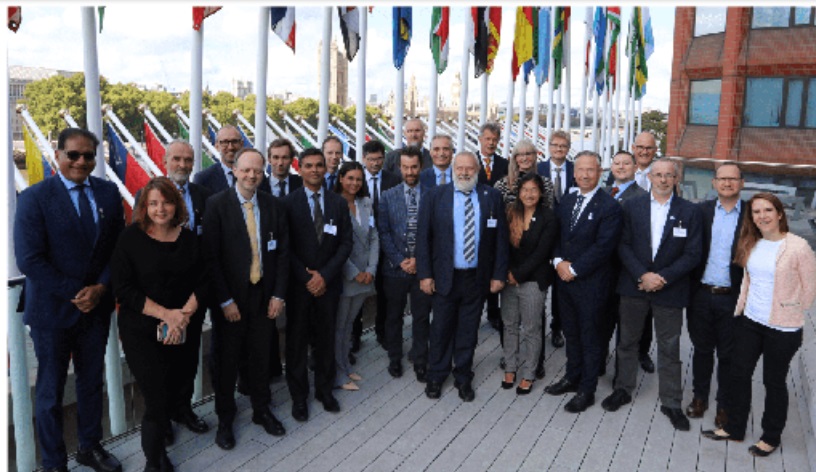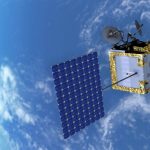The IMO-Norway GreenVoyage2050 has celebrated five years of its Global Industry Alliance to Support Low Carbon Shipping (Low Carbon GIA). The Low Carbon GIA is a public-private partnership that provides a collaborative platform for maritime industry leaders to support an energy efficient and low carbon maritime transport system.
The group met on 29 September 2022 on the sidelines of IMO’s World Maritime Day celebrations in London, to mark the occasion, analyze the outcomes of the Low Carbon GIA and discuss avenues for future exploration.
“I am very pleased with the enthusiasm and collaboration that the Low Carbon GIA has demonstrated over the past five years,” said Claudio Abbate, Group Vice President Maritime Policy and Government Affairs at MSC and Chair of the Low Carbon GIA. “This type of alliance is vital for the decarbonization journey that shipping has embarked on.”
The Low Carbon GIA was originally established in 2017 under the GEF-UNDP-IMO GloMEEP Project (now completed) and continues to operate under the framework of the IMO-Norway GreenVoyage2050 Project. It currently consists of 14 member companies, who include representatives from shipowners and operators, classification societies, engine and technology builders and suppliers, big data providers, oil companies and ports. They work together to encourage the uptake and implementation of energy efficiency technologies, operational best practices and alternative low- and zero-carbon fuels.
“We have seen a fantastic level of collaboration by the members of our Low Carbon GIA in the various workstreams. This has resulted in tangible outputs including E-learning modules, publications such as the Just-In-Time Arrival and Ship-Port Interface guides, an energy efficiency technology information portal and appraisal tool, stakeholder roundtables and meaningful research that has shaped various submissions to the IMO MEPC,” says Astrid Dispert, adding that the outputs from the project are freely available via the GreenVoyage2050 website.
The membership decides collectively the activities of the Low Carbon GIA. The work is organized into several workstreams, each with a different focal area. The current workstreams of the Low Carbon GIA are:
• Energy efficiency technologies (EETs) and operational best practices
• Alternative low- and zero-carbon fuels
• Addressing emissions in the ship-port interface
Source: Hellenic Shipping News






